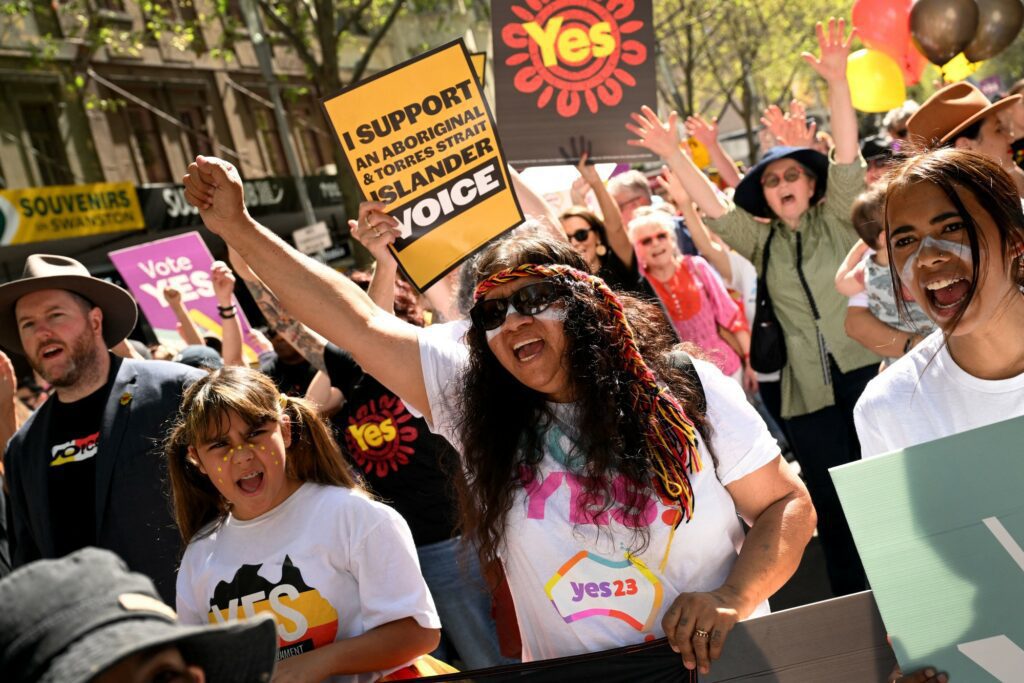The authorities repressed the rights to freedom of expression and peaceful assembly. Media freedom was threatened, with newspapers suspended and journalists given prison sentences for “defamation” or publishing “false” news. The ECOWAS Court of Justice issued rulings in three cases, denouncing incidents of torture and other ill-treatment of detainees, and arbitrary arrests and detention in Togo. NGOs denounced allegations of official corruption. Access to maternal health services was hampered by staff shortages, dilapidated equipment and poor quality of care.
Background
According to the government, attacks by armed groups and clashes between government forces and armed groups resulted in at least 31 deaths, including of 11 civilians, and 29 injuries in the Savanes region, bordering Burkina Faso. Togo hosted 9,965 refugees, mainly from Burkina Faso, and 7,077 people were internally displaced as a result of the attacks.
Legislative and regional elections were postponed from December until 13 April 2024.
Freedom of expression and assembly
On 1 February, the High Authority of Audiovisual and Communication (HAAC) suspended Liberté and Tampa Express newspapers for three months. The decision to suspend Tampa Express was taken after the chief executive of Africa Global Logistics in Togo filed a lawsuit against the newspaper for “defamation and publication of false information”. Liberté was suspended after, on 12 January, the Lomé Court of Appeal fined the newspaper’s director, and a journalist on the editorial staff, CFA 5 million (around USD 8,176) each for “spreading false news and insulting the Prime Minister”. This followed a complaint lodged by the prime minister in September 2022. On 2 March, the Supreme Court overturned HAAC’s decision to suspend Liberté.
On 15 March, Ferdinand Ayité, a member of the International Consortium of Investigative Journalists and director of L’Alternative newspaper was sentenced with Isidore Kowonou, editor-in-chief of the same newspaper, to three years in prison and a fine of CFA 3 million (around USD 4,828) for “contempt of authorities” and “propagation of falsehoods”. He had accused two members of the government of corruption. The journalists appealed the decision but fled the country to avoid serving their sentences.
The editor of Tampa Express was summoned to the Criminal Investigation Department on 20 September for interrogation about his sources for an article on allegations of corruption in public service exams.
Two journalists were detained for 18 days after the Minister of Town Planning made accusations against them including of “defamation” and “incitement to revolt”, after they reported on money being stolen from the minister’s residence. They were released on bail in December, under judicial supervision, and their passports were confiscated.
Access within Togo to the website belonging to the civil society platform, Togo Debout, was disrupted. Togo Debout representatives believed that the authorities caused the disruption in response to the platform’s tendency to criticize the government’s policies and actions.
On 11 October, the authorities banned a ceremony organized by NGOs to launch a project to strengthen civil society and ensure the protection and promotion of the rights to freedom of expression and peaceful assembly. No formal notification was provided in advance of the ban.
Torture and other ill-treatment
On 7 June, the ECOWAS Court of Justice ordered the immediate release of 10 people who had been held without trial since 2019 on charges of breaching state security. The court also ordered the state to pay reparations to each of the complainants for their prolonged detention and ill-treatment in custody; and called on the state to investigate their ill-treatment. However, the 10 detainees remained in detention.
On 5 July, the same court ordered the state to pay reparations to Agbogbo Kossi Edem for the violation of his human rights after he was arrested and beaten by security agents while participating in a demonstration calling for the 2020 presidential election results to be released. The court ruled that his detention was arbitrary and ordered the state to investigate his ill-treatment.
In November, the ECOWAS court ordered the immediate release of 15 people arrested in connection with the August 2017 demonstrations, and ordered the state to pay reparations to each of them. The court said that their rights to be protected from torture or other ill-treatment, and arbitrary detention had been violated.
Economic, social and cultural rights
In January, a Court of Auditors report revealed significant irregularities in the management of the Covid-19 Response and Solidarity Fund established to combat the effects of the pandemic and its economic consequences. In May, NGOs and lawyers cited this report in a case brought before the ECOWAS Court of Justice in which they denounced inaction by the authorities to prevent and combat corruption.
Access to maternal health services was hampered by staff shortages, dilapidated equipment and poor quality of care.1 This had an adverse impact on the care offered to patients during prenatal consultations and childbirth. Some maternity units did not have enough staff, adequate basic equipment and sanitary facilities needed to provide decent care to patients, while midwives struggled to cope with excessive workloads.
“Togo: ‘Some women give birth on the floor’ amid staff shortages, poor facilities”, 31 July
Source link : https://www.amnesty.org/en/location/africa/west-and-central-africa/togo/report-togo/
Author :
Publish date : 2021-08-23 17:07:36
Copyright for syndicated content belongs to the linked Source.
